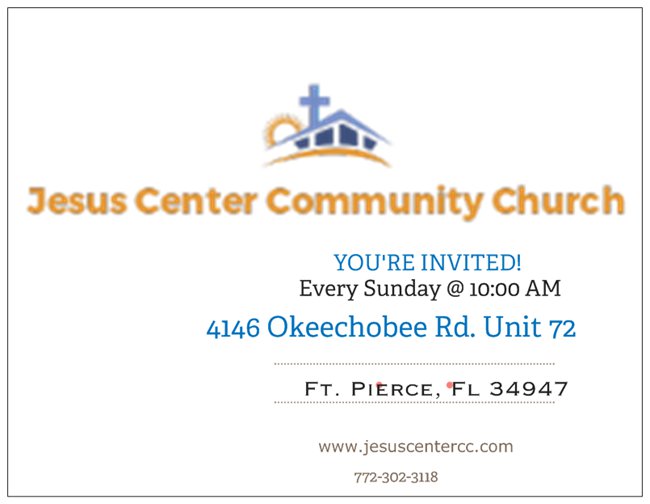“American Public Evangelicalism, the Public Sphere, and the Questions of our Times”
For many public thinkers and cultural critics in the American society, today’s American Evangelicalism stands against anything that is democratic and human flourishing. Because of the anti-intellectual sentiment that has been a sustaining characterization of American Evangelicalism, the contemporary Evangelical world has not produced (enough) critical public intellectuals & cultural critics who are capable to address adequately and think in public about the pressing issues that are affecting (and changing) contemporary American individuals and families and concurrently the predicament of other people beyond the American geographical frontiers.
There are many reasons associated with this crisis. First, this lack of Christian intellectual representation in the public sphere lies in the academic formation and training of today’s Evangelical Christian leaders. A large number of these individuals are men who have received an academic education or a theological training that has prepared and confined them only to the Christian world, leading to their disengagement, both intentional and unintentional, with the urgent questions of our times and the crises of human nature and relations.
Second, those higher learning institutions, usually conservative Christian private schools and conservative theological seminaries, do not nurture Christian professionals, clergy or thinkers toward exercising a “public faith” or a “public Christianity” that is sufficiently robust and could simultaneously engage both the critical problems in/of the church and the secular world. Evangelical Christianity must produce an enduring Gospel-centered way of life and ethic that could sympathize with the suffering and needy individuals and families and actively address the concerns surrounding the plot of this country’s poor and vulnerable.
Third, in many ways, the educational curriculum of those institutions is ideologically constructed, limited, and selective, for example, to the studying of a selected few men and women of the dominant culture (i.e. individuals of European descent) and partially engages interdisciplinarily, cross-culturally, and cross-disciplinarily. For example, if Karl Marx is discussed in the Christian classroom, it is only to demonize his theory of the social classes and capitalism, and not to acquire genuine understanding about Marx’s (scientific) observations and proposals about the deficiencies of modernity (and now postmodernity) in Western societies. These institutions do not form future Christian thinkers to accurately understand the world, but to find (faults) everything wrong and unchristian with the secular age. This lack of clear and meaningful understanding of the things of the world and of people becomes more pronounced when one of those Christian leaders is given a public platform to interact with individuals of various educational, ethnic, racial, and cultural background, and economic standing in society. Certainly, it is a pivotal matter to consider or even appreciate the plurality of human epistemology in American Evangelicalism.
Fourth, many contemporary public thinkers and cultural critics in our culture have observed a popular trend that has now become an Evangelical tradition. It entails the passive attitude of Evangelicals to categorically avoid (addressing) cultural matters that do not directly affect (the future of) Evangelical churches and institutions. If the subject matter does not relate to them or their corresponding family members, the common reaction is to remain silent about it, or to put it bluntly, they automatically disengage the issue.
Fifth, many Evangelical leaders and clergy associate public engagement with ungodliness and moral liberalism. The apparent Evangelical anxiety is within the Evangelical world itself: it is the phobia of the self. Those from the Evangelical culture ( i.e. Russell Moore, Thabiti Anyabwile, Tim Keller) who have committed themselves to engaging in public the big questions of our times such as social justice issues, public education, sexism, classism, labor ethics, labor wages, immigration, Police brutality, poverty, mass incarceration, racism, inner city problems, etc. need to be carefully watched or monitored lest they’re leaning towards socialism and Marxism. Some have argued these thinkers ought to be “suspicious” in the Evangelical world because they’re too political as if the greater Evangelical world does not have a conscious agenda to dominate the world of American politics and rule over the sphere of American culture.
Finally, it is important for Christians of all denominational expressions or ideological tribalism as it is in contemporary American Evangelicalism to come to grips with the realities of our moments that are constantly altering (and waging war against the poor and the vulnerable in our society) human nature and radically transforming the human condition. Let American Christianity in this twenty-first century give birth to men and women of courage and conviction who will assume a public platform in the legacy of public intellectuals and cultural critics like Martin Luther King, Jr., Reinhold Niebuhr, John Courtney Murray, S.J., Richard John Neuhaus, and the late James H. Cone.

